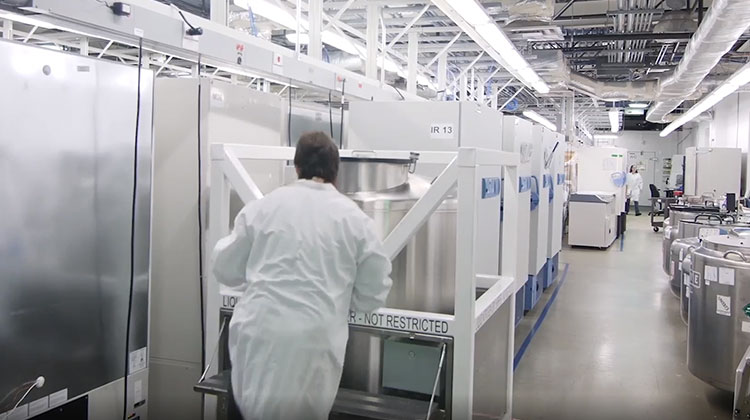A biorepository is a place to store information for the living, biobanks are managed by scientific organizations, and in certain instances, private individuals or these institutions. Biobanks are a collection of human tissues that are going to be used in research for further studies. Biorepositories provide access to these samples at various phases of their life and also provide new opportunities to collect and make use of biomaterials.
Different types of biorepositories:
A biorepository can be described as a storage place for data and samples in addition to cells and specimens. They are available in a variety of varieties, including tissue repositories and DNA repositories as well as cell line repositories. Biorepositories are able to conserve resources like storage space as well as money, by keeping samples instead of having them shipped to a central place. You can go to https://www.geneticistinc.com/what-is-a-biorepository to know about biorepository in more detail.

Benefits of using the Biorepository:
A Biorepository is a kind of library that contains the most current and reliable health information. This information can be utilized by dietitians, doctors, nurses as well as other healthcare experts to provide better health treatment. Patients will also be able to make better decisions about their own health. This can be extremely beneficial for health professionals since they can access patient information with the greatest accuracy.
It can cut costs associated with health care as medical specialists will be able to obtain the necessary information to offer better treatment. This will also aid in making sure that patients don’t have to visit medical professionals to seek out misinformation regarding health. This can help save the costs associated with seeking the right information.
